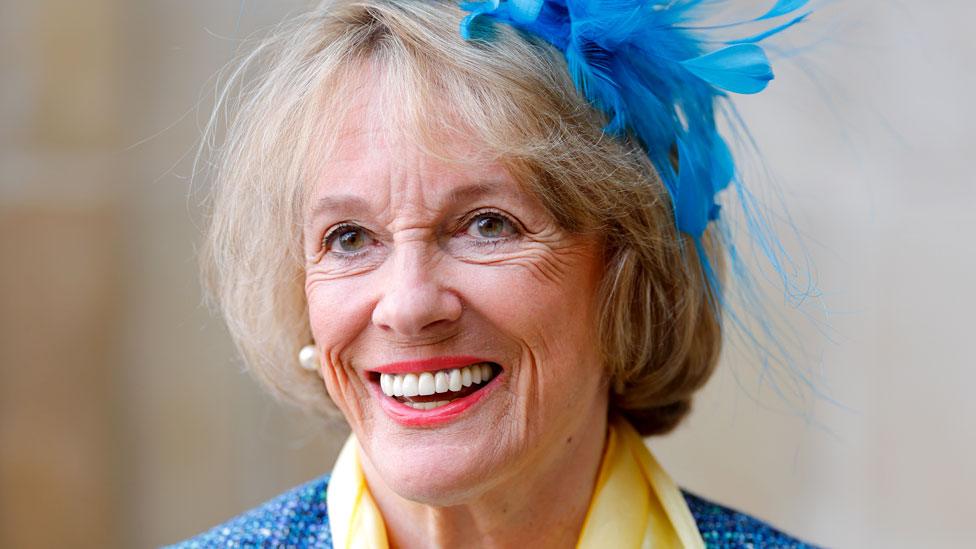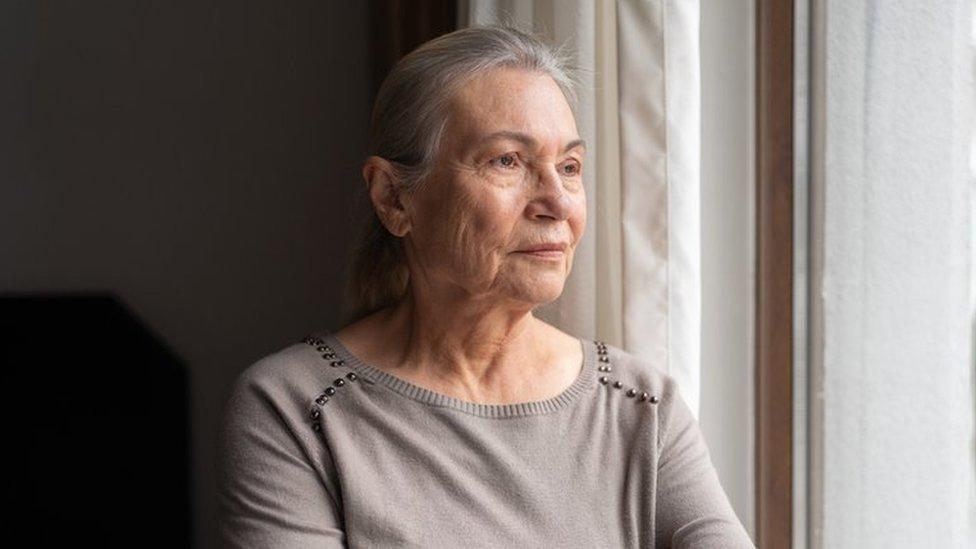Assisted dying: Harold Shipman damaged end-of-life care - David Davis
- Published
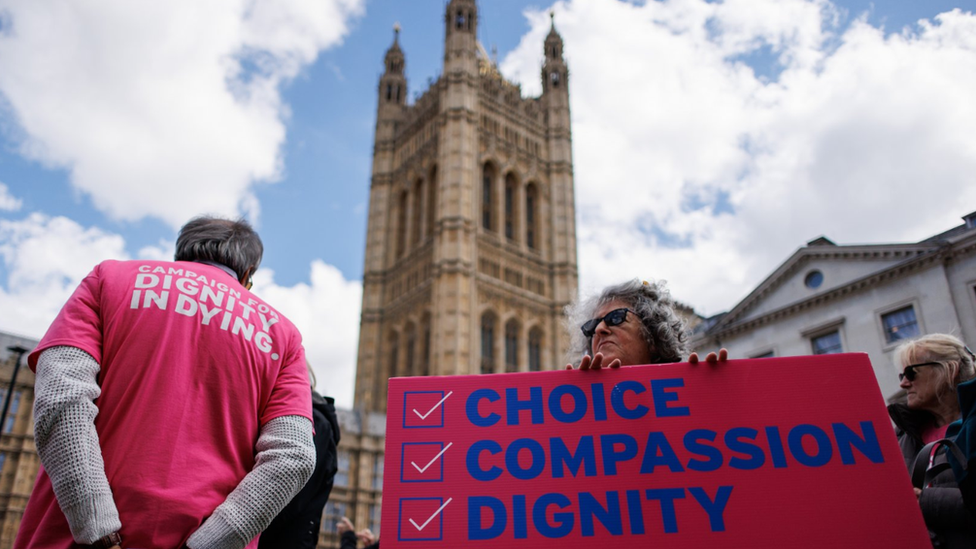
Harold Shipman changed an "unstated norm" around end of life care, veteran Tory Sir David Davis said during a parliamentary debate on assisted dying.
He suggested that prior to the serial killer's conviction, doctors had accelerated terminally ill patients' deaths - but that had now stopped.
The debate on whether the current ban on assisted dying should be changed was sparked by a public petition.
There was no vote and the government remains neutral on the issue.
More than 207,000 people signed a petition calling for the law to be changed and Labour has pledged to hold a free vote on assisted dying if it wins the general election.
In an emotional Westminster Hall debate, MPs discussed whether the law should be reformed with impassioned and sometimes tearful contributions about caring for relatives in their final days and months.
Sir David said he had changed his mind on the issue after the death of his mother and now supported assisted dying.
"A long time ago my mother died of brain and lung cancer in considerable agony, considerable pain and, I suspect, terror too," he said.
"I'm pretty sure the doctors in charge of her care accelerated her demise - for her to go more peacefully and with an excess of morphine was in my view a good thing, and I suspect it was the unstated norm."
He added that norm had changed since Shipman's killings, when doctors "became rather fearful of the legal consequences".
Shipman was found guilty of murdering 15 patients but is estimated to have murdered up to 260 people during his time as a GP in greater Manchester.
Calls for assisted dying to be legalised have also come from celebrities including Dame Esther Rantzen, who is terminally ill with lung cancer and has joined Swiss assisted-dying clinic Dignitas.
Before the debate she said a change in the law "would mean that I could look forward in confidence to a death which is pain-free surrounded by people I love".
Assisted suicide - intentionally helping another person to end their life - is banned in England, Wales and Northern Ireland, with a maximum prison sentence of 14 years. While there is no specific offence of assisted suicide in Scotland, euthanasia is illegal and can be prosecuted as murder or culpable homicide.
Opponents to changing the law say it is to protect the vulnerable and ensure that nobody is pressured into dying sooner than they might otherwise.
DUP MP Carla Lockhart said her father died last year after five years with cancer but she would not have shortened her time with him until "his appointed time".
Calling for more investment in end-of-life care, she said: "The one thing these people do not need is the law telling them their lives are not worth living or that they're costing too much money."
Conservative MP Sir Peter Bottomley backed her stance, saying there could be a slippery slope that "starts with the depressed" and said safeguards introduced in countries where assisted dying had been legalised are being "taken away".
"We already have five to 6,000 suicides a year in this country," Sir Peter said. "Do people think we're talking about 100 people a year extra, or a thousand?
"If we had a Dutch level of medical assistance in death, we would add 15,000 deaths a year - we would treble the number of existing suicides and take them up to four times."
'The current law is failing people'
There was agreement that, even without assisted dying being legalised, the "postcode lottery" of end-of-life care must end and access to pain relief must also be improved so everyone can have a "dignified death".
However, many MPs raised how assisted dying was currently a "privilege" that only rich people who could afford to travel to euthanasia clinics like Dignitas could afford.
Labour MP Paul Blomfield, who sits on Westminster's health committee, said MPs had recently heard 68,000 submissions for a report on assisted dying.
"The current law is failing people, forcing people with a terminal diagnosis to plan their deaths secretly and to take their lives alone, and often violently.
"I do understand why debate focuses on the consequences of change but the evidence we heard underlines the consequences of leaving the law unchanged.
"It forces those who wish, not to end their lives but to shorten their deaths, to act while they have capacity and too many die too soon."
Ruth Cadbury, the shadow minister for prisons, pledged that if a Labour government was elected there would be a free vote on legalising assisted dying - meaning MPs could vote with their conscience rather than along party lines.
But safeguarding minister Laura Farris said the government remained neutral and warned that legalising assisted dying could lead to "a duty to die".
MPs last voted on the subject in 2015, when Labour MP Rob Marris introduced a bill which people in England and Wales with fewer than six months to live could be prescribed a lethal dose of drugs, which they would have to take themselves. The bill was defeated by 330 votes to 118.
Related topics
- Published29 April 2024
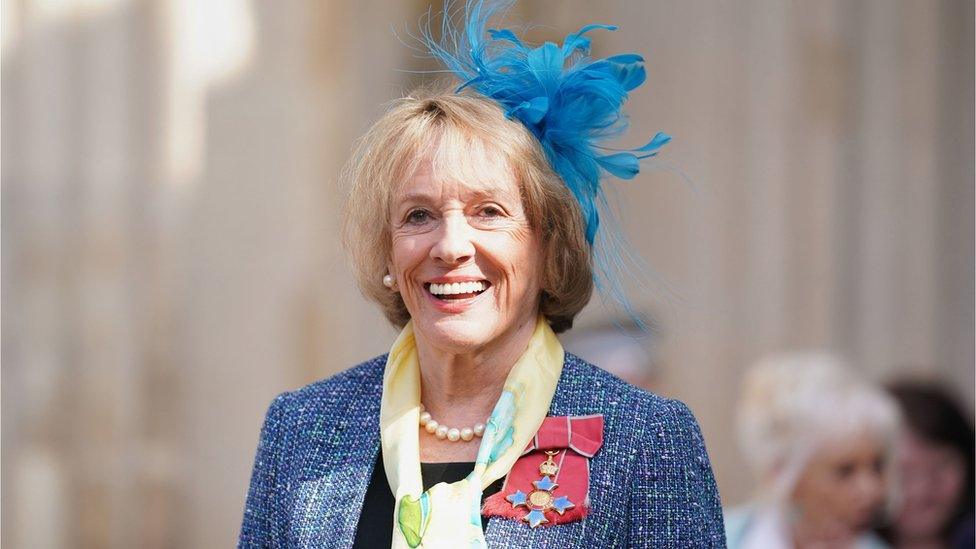
- Published29 April 2024
- Published19 December 2023
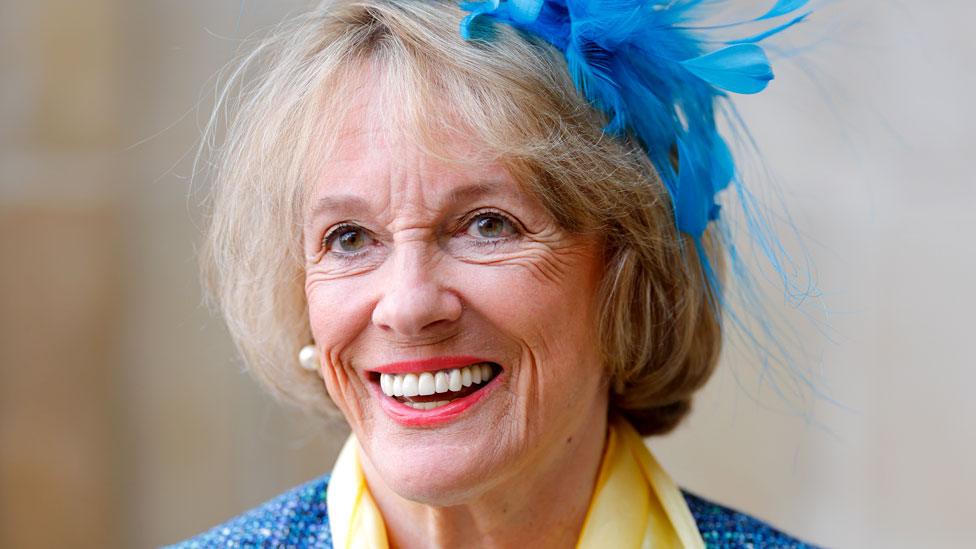
- Published20 December 2023
